Modern Slavery Risks in Northern Ireland’s Care Sector: What Employers Need to Know
Modern slavery is not just a global issue — it’s a local legal and reputational risk, especially in Northern Ireland’s care sector. With staffing pressures mounting and international recruitment rising, many care providers are unknowingly exposed to exploitative practices in their supply chains and recruitment processes.
As employment lawyers, we’re seeing increasing referrals, investigations, and tribunal risks tied to modern slavery in care settings — and many businesses don’t realise the legal exposure until it’s too late.
Why Is Northern Ireland So Exposed?
The Gangmasters and Labour Abuse Authority lists the care sector as one of the UK’s highest-risk industries for labour exploitation, and the NI Health and Social Care (HSC) system continues to face critical staffing shortages. This pushes care providers toward international recruitment via third-party agencies. While many operate lawfully, poor oversight and cost-driven commissioning create clear risks — especially when agencies cut corners or exploit vulnerable migrant workers.
A recent UNISON survey of over 3,000 migrant care workers revealed deeply exploitative practices. One migrant care worker recently reported working 70+ hours per week, with no written contract, withheld pay, and her passport confiscated by her recruiter. She had paid over £20,000 in visa fees — a clear case of debt bondage, one of the fastest-growing forms of labour exploitation in the UK.
What Are Your Legal Duties?
Under the Modern Slavery Act 2015, UK businesses with £36M+ turnover must publish an annual slavery statement. But ethical responsibility doesn’t end there — smaller providers in NI are strongly encouraged to adopt voluntary policies to protect workers and mitigate risk.
Employers have duties under:
· Employment Law (unlawful deductions, misclassification of workers, breach of contract, discrimination risks)
· Immigration Rules (sponsorship misuse)
· NRM Reporting Guidance (identifying and referring potential victims)
And with the proposed Good Jobs Bill in NI — including restrictions on zero-hours contracts and better protections for agency staff — care providers will face tighter scrutiny over working hours, visa practices, and fair pay.
Five Steps to Protect Your Business
Train Managers & HR Teams
Spot the signs of exploitation. Know when and how to make modern slavery National Referral Mechanism referrals.Audit Recruitment Practices
Only use licensed agencies and retain clear written contracts.Publish a Voluntary Modern Slavery Statement
Even if not legally required, it shows leadership and mitigates risk.Review Contracts & Pay Structures
Ensure minimum wage compliance and transparent scheduling — especially with banded hours reforms ahead.Stay Ahead of Reforms
New employment rules in NI will impact agency work, worker status, and employer control — especially for migrant-heavy sectors like care.
How We Help
At Turley Legal, we help employers:
· Conduct compliance audits
· Draft modern slavery policies
· Challenge unlawful contracts and wage deductions
· Prepare for NI’s employment law changes
Modern slavery is a legal risk, a HR issue, and a reputational threat — and the care sector is firmly in the spotlight.
Contact Turley Legal for a confidential review of your recruitment and employment practices.

